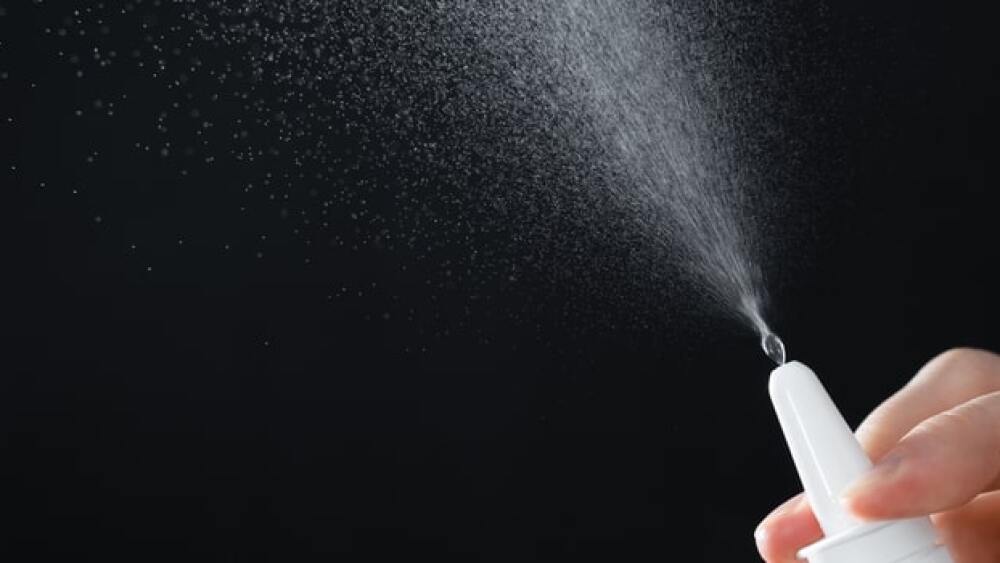The company’s lead candidate, INNA-051, is an innate immune agonist that directly stimulates the host’s natural immune defense system.
Another company developing an intranasal therapy for COVID-19 has risen up from down under, as ENA Respiratory today announced AU$32 million in funding and the appointment of COPD Foundation president and chief scientific officer, Dr. Ruth Tal-Singer, Ph.D, to help shepherd its nasal spray to the market.
The financing round was led by an all-Australian syndicate of Brandon Capital and philanthropic idea-incubator, Minderoo Foundation, with co-investment from Uniseed.
The company’s lead candidate, INNA-051, is an innate immune agonist that directly stimulates the host’s natural immune defense system.
The product, which is intended to prevent disease both pre and post-exposure to SARS-CoV-2 and other respiratory viruses, is particularly intended to aid high-risk populations as the pandemic continues to affect them disproportionately.
“The COVID-19 pandemic continues to be a major health crisis worldwide. Alongside vaccines, there is a need for complementary approaches to help protect the most vulnerable people and also provide protection against emerging variants,” said ENA Respiratory co-founder and chief executive officer, Christophe Demaison, Ph.D. “INNA-051 is seeking to address this need. The financing announced today from the Minderoo Foundation and existing investors will expedite development of INNA-051 with the aim to demonstrate efficacy against COVID-19 in the clinic.”
In a recent study conducted by Public Health England (PHE) and published in the peer-reviewed journal EbioMedicine, INNA-051 reduced COVID-19 viral replication by up to 96% in a gold-standard SARS-CoV-2 challenge ferret model.
The findings clearly drew the attention of Tal-Singer, an internationally recognized healthcare leader and clinical scientist known for her patient-centric approach. Tal-Singer is expected to play a significant role in guiding INNA-051 into and through the clinic.
“The COVID-19 pandemic showed the significant need for new therapies to prevent and treat respiratory viruses that impact millions around the globe each year,” Dr. Tal-Singer said. “ENA Respiratory’s novel therapy stimulates innate immunity to target viruses in the nose. It has the potential to impact the way we treat and prevent not just COVID-19, but influenza, the common cold, and other respiratory illnesses. I’m thrilled to join the Board as the company launches its next stage of clinical research.”
ENS Respiratory plans to initiate a Phase I human safety study in Australia within the next few weeks.
INNA-051’s intranasal delivery is fashioned after the seemingly logical school-of-thought that targeting the site where viruses, such as SARS-CoV-2 and influenza first enter is the way to go. These pathogens, as well as countless others, initially infect and replicate in nasal mucosal epithelial cells.
There is a small class of vaccine and therapeutic candidates taking the same approach against the SARS-CoV-2 virus.
The first reported trial of an intranasal vaccine candidate was in September 2020 when Beijing Wantai Biological Pharmacy Enterprise was scheduled to begin enrolling up to 100 patients. On January 11, Codagenix Inc. and its partner, the Serum Institute of India Pvt. Ltd. (SIIPL), followed with COVI-VAC, a single-dose intranasal candidate which began a 48-person trial in India.
In April, Maryland-based biopharma company, Altimmune Inc., launched a larger 180-person phase I trial with its vaccine candidate, AdCOVID, which is delivered via adenovirus. On May 26, Altimmune reported preclinical data showing that its intranasal vaccine candidate, AdCOVID, was effective against the B.1.351 (Beta) variant.






